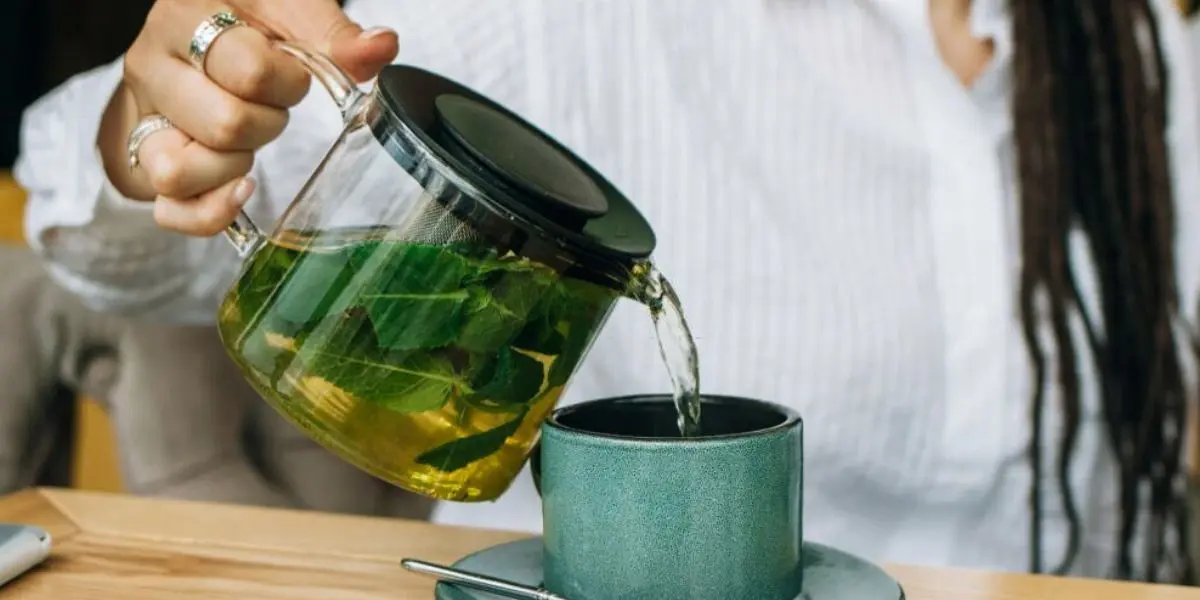With several challenges during periods that happen monthly, females go through several stages and distress along the way. One such common issue is bloating or period gas faced by many during the menstrual cycle. This article is a detailed but short guide for encountering the period gas with do’s and don’ts to help you look after yourself. Let us take a look at it in detail.
Do’s And Don’t While Having Period Gas
- Watch your Diet
The first step towards taking care of your issue is to opt for a balanced diet with the necessary amounts of foods and nutrients present in it. Consider staying away from consuming carbonated drinks. Veggies like broccoli, cauliflower, and cabbage are known to add to your problem. Aside from these also avoid artificial sweeteners. Lean proteins, whole grains, and cooked vegetables also belong to this category despite its benefits. Even if it’s healthy avoiding a few during periods is recommended.
- Stay Hydrated
Being hydrated helps in many bodily functions and good digestion. Drinking sufficient water also helps in preventing constipation. Therefore drink at least 8-10 glasses or 2-4 liters of water a day.
- Herbal Teas
To alleviate gas you can drink a cup of herbal tea. Herbal teas include Peppermint tea, Ginger and fennel tea, and much more. Taking a sip of these warm natural teas eases discomfort and rejuvenates you during your periods.

- Over-the-counter remedies
Aside from steps to reduce bloating, understand there are several over-the-counter remedies tailored for gas relief. While opting for these make sure to get products that have simethicone, an ingredient that helps break down gas bubbles inside the stomach. Remember to follow the recommended dosage and the right way for intake. Get assistance from an expert if necessary.
- Exercise
Regular physical activity can be beneficial for the body and health in several ways which also includes handling bloating. Exercising stimulates the digestive system and helps move gas. Gentle exercises like yoga or casual jogging or walks help during periods and as a bonus comfort you during period discomforts.
- Heating Pad
Applying a slightly warmed heating pad to your lower abdomen is sure to give comfort by helping you relax the muscles in the area. This results in encountering cramps accompanied by also challenging gas-related pain or distress.
- Probiotics
These are beneficial bacteria that promote a healthy gut by helping you maintain a balanced digestive system. Probiotic is rich or present in foods like yogurt, kefir, or sauerkraut. Involve these in your diet or choose supplements with probiotic in it. Entrust a healthcare provider before doing so.
- Simplicity in Meals
Practice consuming simple and easy-to-digest meals for you, especially during the periods. Complex or heavy meals cause distress to the digestive system and possibly cause other issues during periods.
- Manage Stress
Being stressed contributes problems mentally and eventually physically. Hence it is important to manage stress with techniques like meditation, deep breathing, or activities like yoga to your routine.
- Proper rest
An adequate amount of rest does not harm you as it comforts you during your periods despite your struggles. Take a sufficient amount of rest and get sleep around 7-9 hours consistently. Lack of sleep causes stress and fatigue which adds up to your challenges while you’re on periods.
- Herbal Supplements
Supplements like activated Charcoal can absorb the excess gas present within the body. These are available online and in the market or pharmacies. However, use these supplements under expert supervision due to them absorbing any of the medications that you take.
- Consult a Healthcare Provider
In case bloating and period gas persist despite your care and effort, it is recommended to visit a professional to examine you for any underlying issues and to advise what you need to take care of accompanied by remedies and medications. Do not hesitate as it is for the sake of your health.
Conclusion
In conclusion, the Period Gas is a common discomfort experienced by many individuals. By making simple and healthy adjustments like a balanced diet with specific foods tailored to you and exercise you can treat it to an extent. You need to realize everyone’s body is unique and what works for one doesn’t work for another. As the final option make sure you visit a healthcare provider if you’re left with no choice. Do follow the steps to keep you on the safe side.